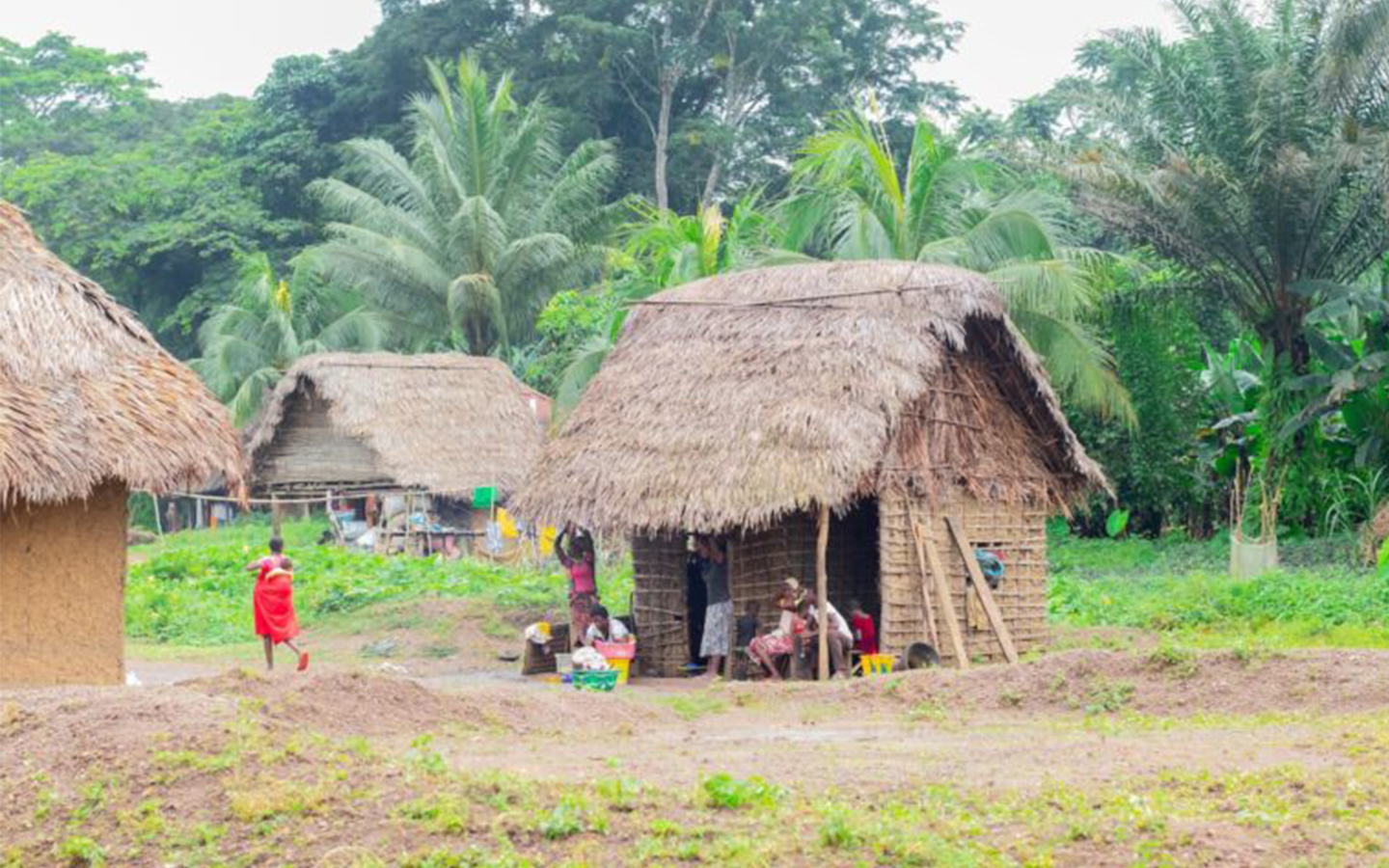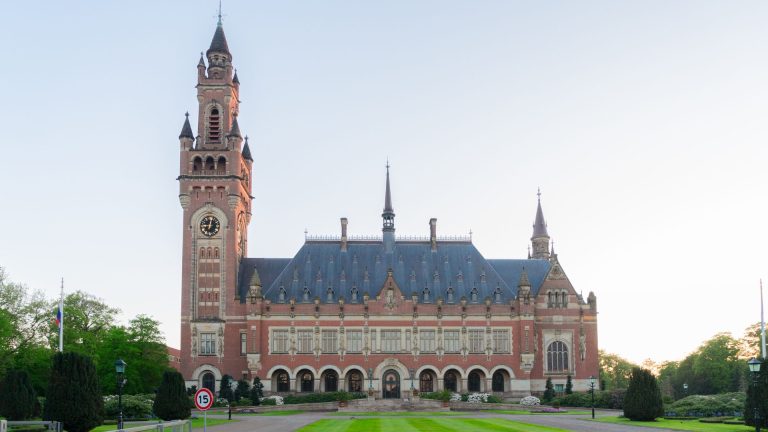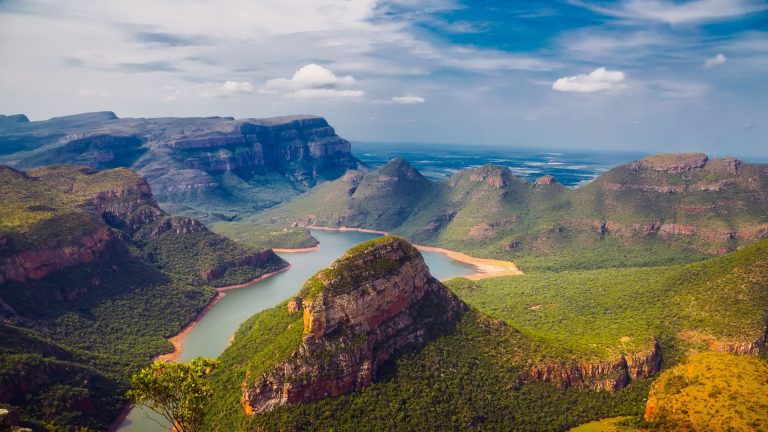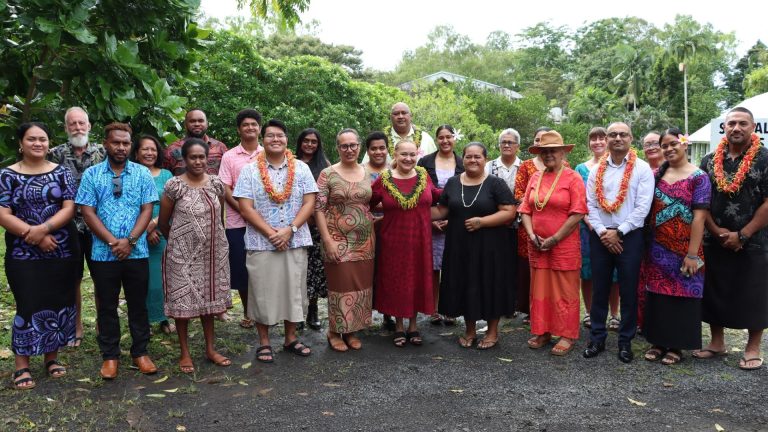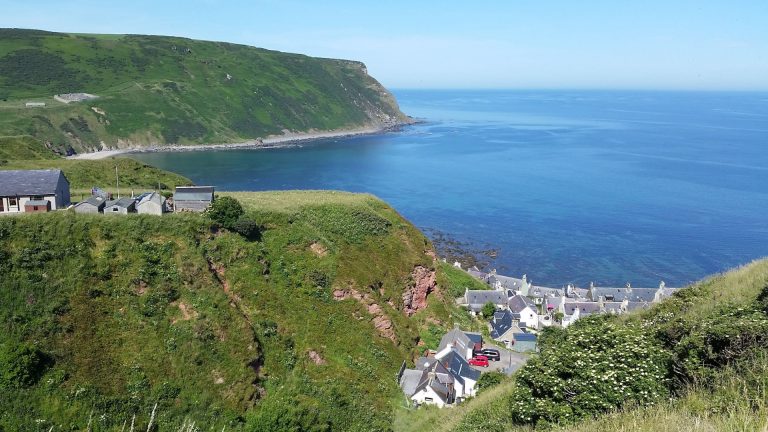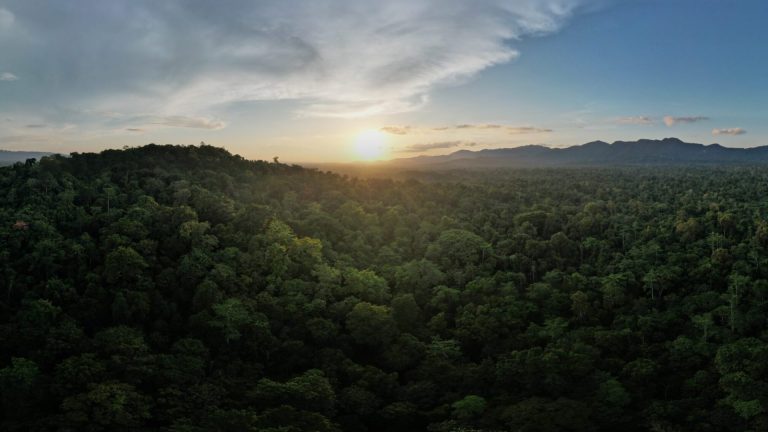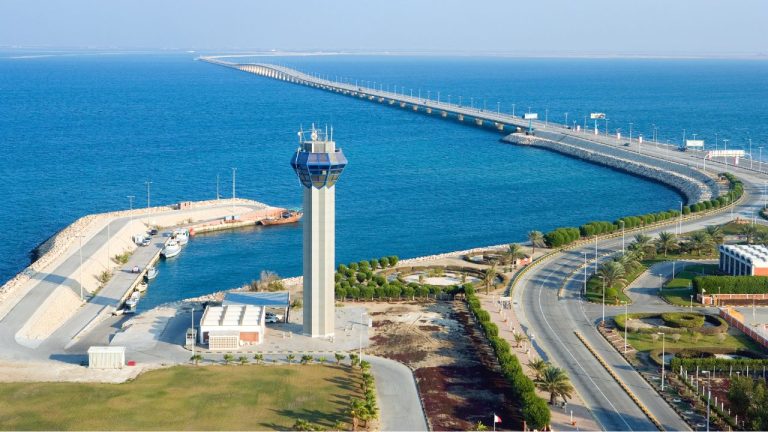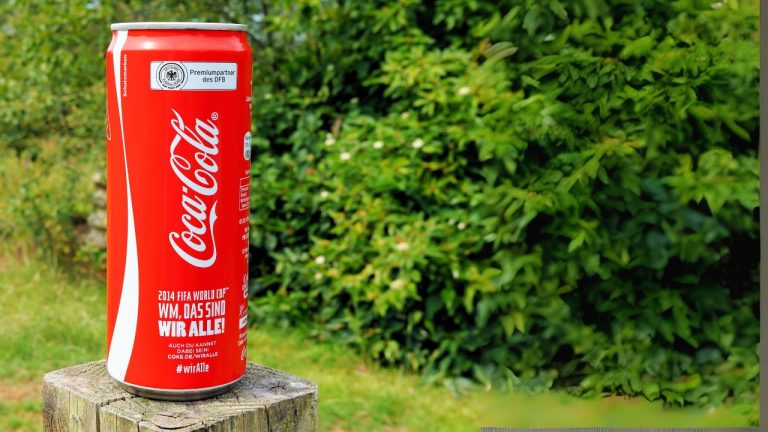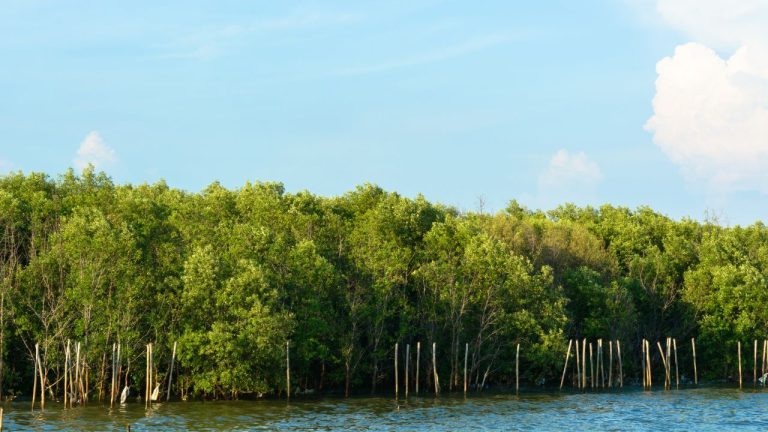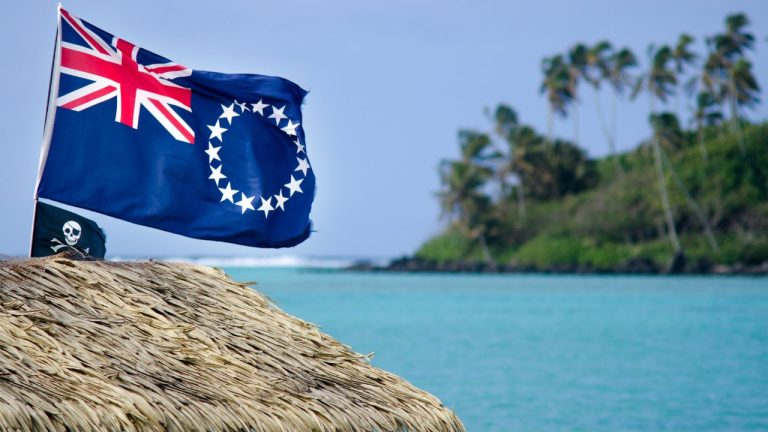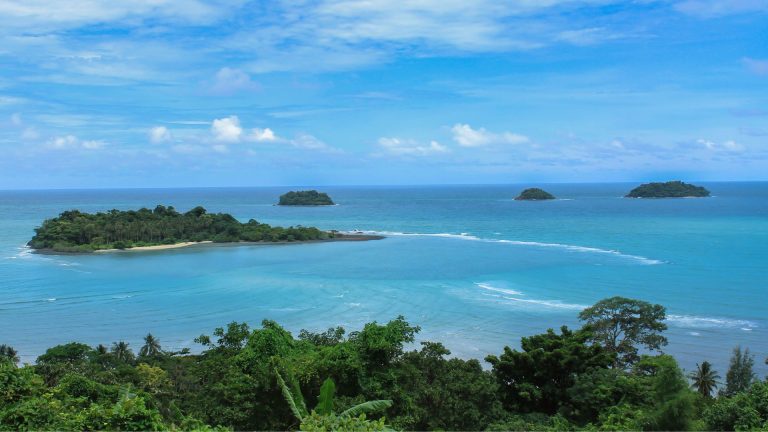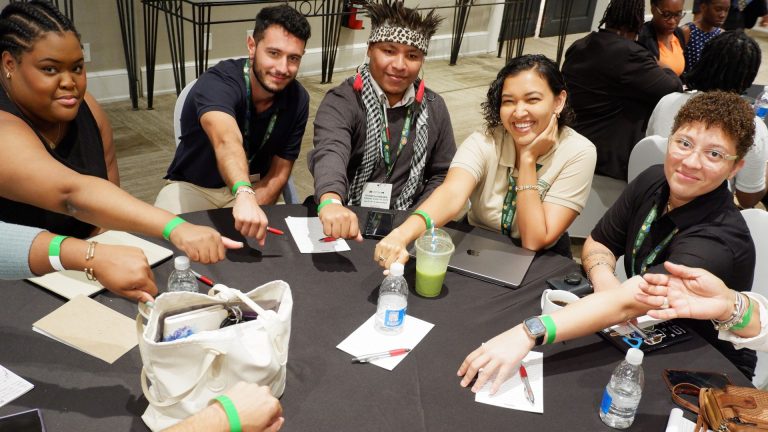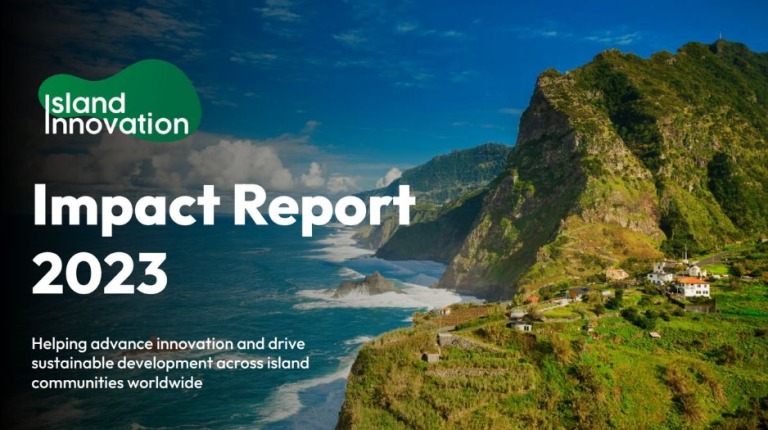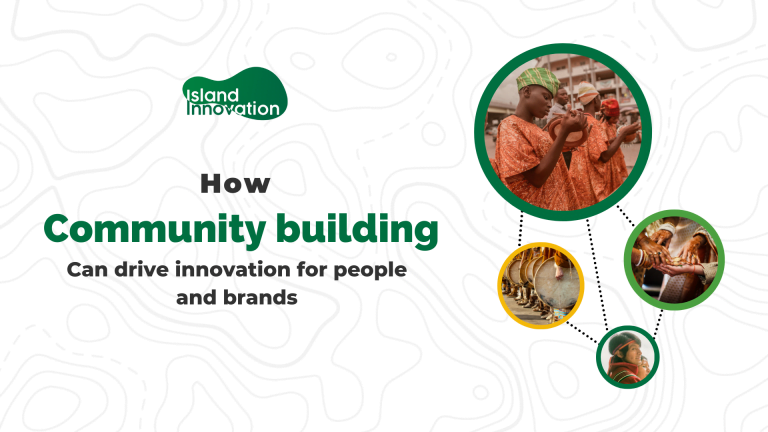Image source: © Ezekiel Kargbo for The Iris Project / via Mongabay (news.mongabay.com)
Excerpt from news.mongabay.com
In 2022, little did Aruna Bangura know that observing the changing environment and land use practices around his community would make him start beekeeping. The area just outside Tiwai Island, a protected wildlife sanctuary spread across 1,200 hectares (2,900 acres) in Sierra Leone, had a dearth of bees, he found.
“I observed that the bee population was declining, and starting a beekeeping initiative was the only alternative in sight,” says Bangura, a 24-year-old from the Boma community.
He founded Bangs Circular, a local organization for sustainable beekeeping practices across eight communities surrounding the island in the Eastern and Southern provinces. They began the Tiwai Honey Project, which builds hand-made beehives for the native Western African honey bee (Apis mellifera adansonii). These hives that closely monitor bees and their behavior help attract more bees compared to the traditional method, generating more honey and profit for locals so they can reduce their dependence on logging to make and sell charcoal. The effort also engages community people in restoring natural habitats through reforestation around the wildlife sanctuary. The aim is to then reduce deforestation and degradation in order to increase the bee population, which could also increase honey harvesting.

